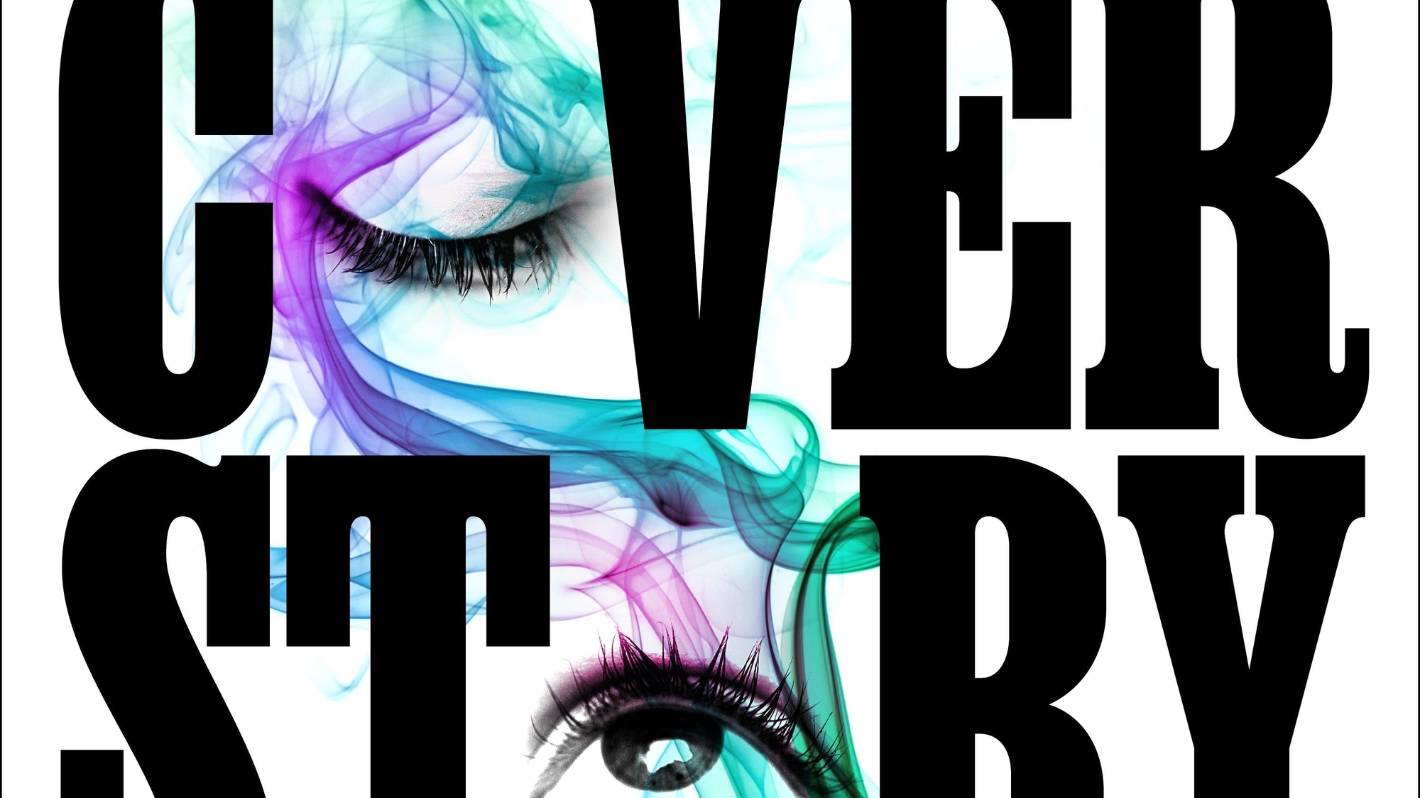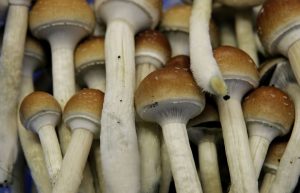
Cover Story: Power Trip
This new podcast from New York Magazine delves into some of the publication’s biggest features, and the first looks into the proliferation of psychedelics in health and wellness culture, and the dark underbelly behind it.
More than ever, people are turning to psychedelics for relief, enlightenment and understanding – think ayahuasca retreats and mushroom micro-dosers – so much so that it’s become a big business, but, as the industry seems to be snowballing towards legalisation, patterns of abuse and deceit have appeared among the movement’s leaders.
Host iO Tillett Wright takes listeners on a compelling journey into this surprisingly corrupt industry, with the story focusing on Lily Kay Ross, a Harvard student who was raped at an ayahuasca retreat in Mexico and was subsequently discouraged from speaking out publicly.
The podcast follows the same story threads as an extraordinary feature in The Cut, which was published in 2017.
Supplied
The podcast Cover Story: Power Trip looks into the proliferation of psychedelics in health and wellness culture, and the dark underbelly behind it.
READ MORE:
* Boys Like Me: Outstanding podcast details how two men ended up on different paths
* Reclaimed & Rewritten: Stunning podcast exposes myth of the ‘Black Wall Street’
* Twenty Thousand Hertz: Podcast celebrates famous, iconic and memorable sounds
Life Sentence
The climate crisis tends to make me weak at the knees (in a bad way), but that’s no excuse to look away. In fact, I’m finding explorations of it in art to be equal parts illuminating, terrifying and comforting: visions of our world that refuse to shy away from the damage we’ve caused, but steer our attention towards what we have to hope for and how we can change.
While some writers like to do this via bombastic metaphor (I’m looking at you, Don’t Look Up), others stare the issue directly in the face, but gracefully so. Life Sentence is an example of that: a podcast unlike any other I’ve listened to that combines drama and soundscape to create an immersive, painfully beautiful and utterly hypnotic listen.
Written by playwright Tabitha Mortiboy, Life Sentence’s episodes look at various elements of the climate crisis through unusual characters: in Polar Bear, Jordan Stephens plays a kindly, but exasperated creator of the universe, aghast at what’s been done to Earth. In another, Jade Anouka plays the Amazon Rainforest, and she’s not pleased.
The runtime of each episode is key: Ocean, the second episode, is 26 minutes to represent the 26 years it will take for the oceans to be completely depleted of fish based on current estimates, while Polar Bear is 19 minutes to represent the 19 years the animals have, at current rates, before they face reproductive extinction.
Once the drama is over in each episode, they give over to lush, beautifully produced soundscapes reflecting the natural world: listen to these on good headphones, if you have them. Though it’s a show about existential terror, I found it great to fall asleep to.
Lonel(i)ness
Some experts believe we are living in a loneliness epidemic, a phenomenon that is exacerbated in unseen ways by our working lives and that was worsened by the pandemic.
But even as it is felt more than ever across generations – a 2020 study found 2.6m Brits reported feeling lonely “often” or “always” – it still feels taboo to talk about for fear of the stigma attached.
This one-off podcast from journalist Jaja Muhammad looks at what loneliness is, how it is felt, and what is happening at a policy level to address it.
It’s a UK-focused documentary, but many of the themes are applicable here at home, too, and I think we could all use a reminder every once in a while that when you feel lonely, you are not alone.





No comment yet, add your voice below!